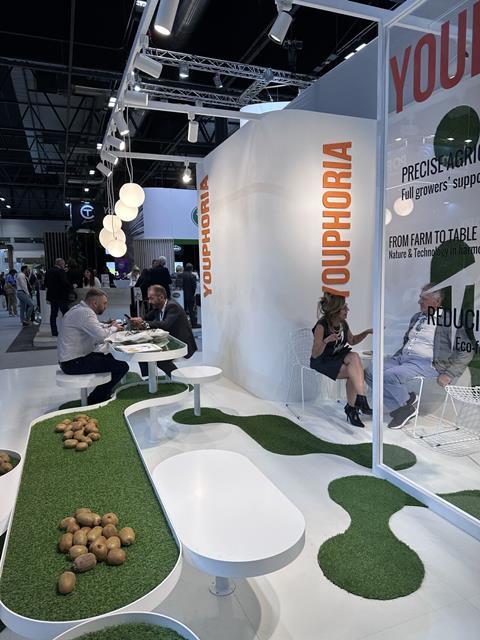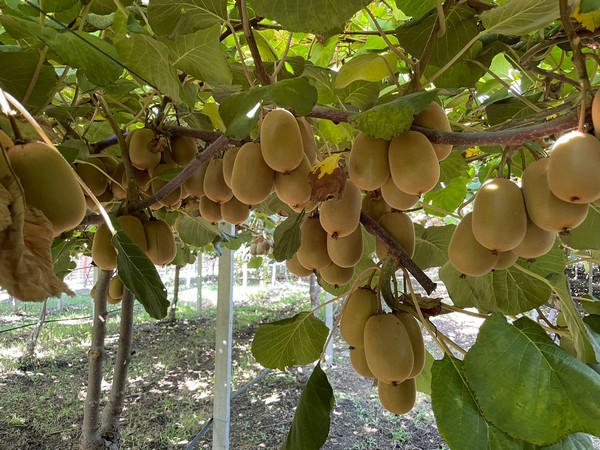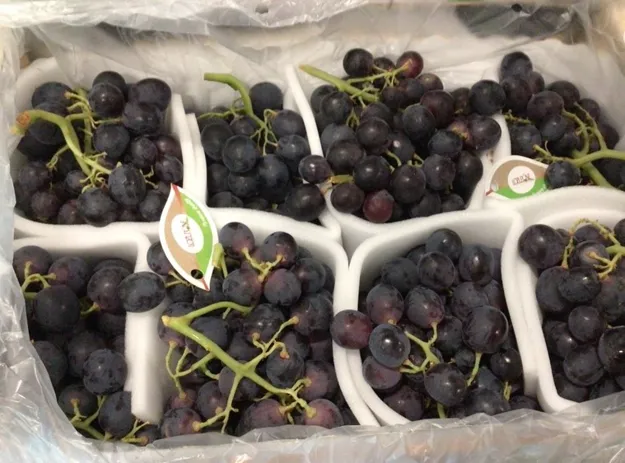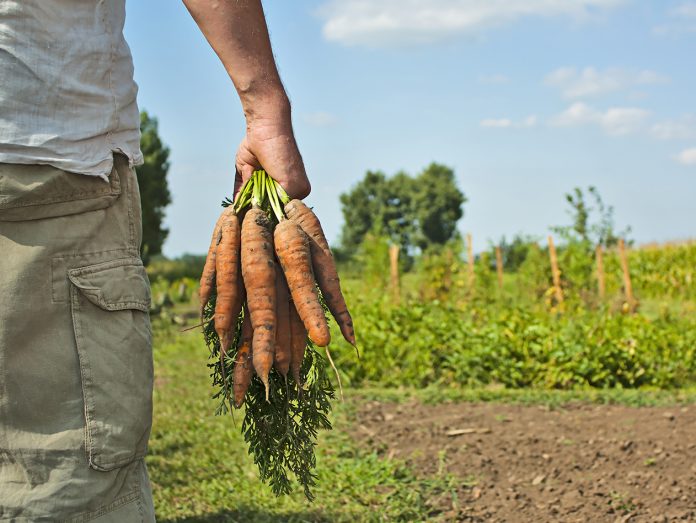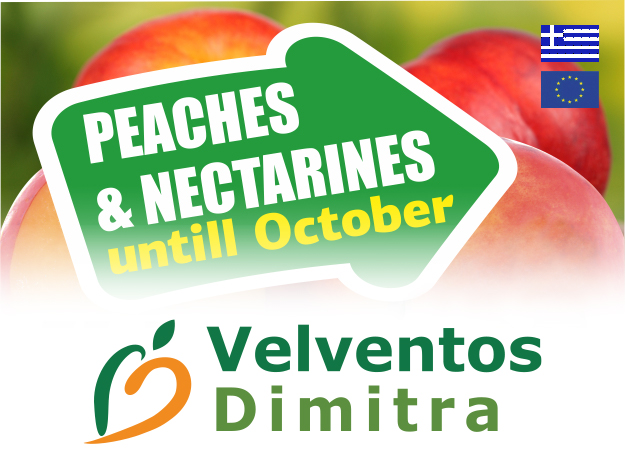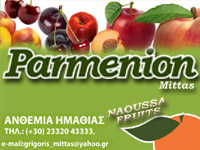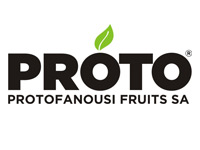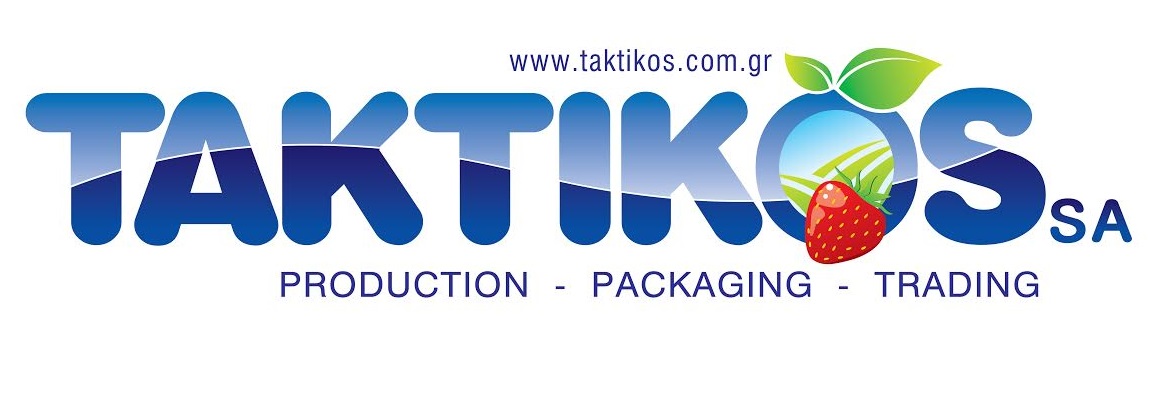
According to Tampakis, his company has invested in a new variety from Chile and will start planting the trees this year. “We’re mainly focused on easy peeler mandarin varieties. We’ve been investing in new mandarin varieties like Valley Gold, which is a high-quality mid-season fruit, and are trying to close the gap in our season from the early to the late varieties. This year, we will invest in a new plantation of a promising new clementine cultivar from Chile, Clemenluz Andes. We’ll also keep investing in new permanent net structures over our citrus groves, to ensure we have seedless fruit and also lessen the effects of harsh weather conditions. Permanent net structures do cost a lot of money, but they pay off in the long run.”
Overall, citrus production is either lower or similar compared to the previous season, Tampakis explains: “The Greek Navel orange production is about 30% less than last year, but with better sizes. Later orange varieties are about the same as last year in terms of production. On the mandarin front, production is slightly less than last year, it being roughly 10% lower. Demand is strong at the moment, but in the last decade challenges have always arisen eventually. Whether it’s a weather anomaly, like we’ve recently witnessed in Valencia, or competition from third countries like Egypt, as they offer really low prices. The European grower has to be supported from Brussels, as competition is fierce and legislation is getting absurdly strict, but only for EU businesses. We have to change that if we want to place our hope in a new generation of growers.”

Overall, Greek citrus is doing well, but the country is still dependent on other countries for research, Tampakis states. “Greek citrus is slowly gaining ground in the European market, as more growers and packing houses focus on quality growing. There is a need for new improved varieties for the sector to remain competitive and show the advantages of the Greek land. Unfortunately, funds for research and development in Greece are practically non-existent, so we have to look in Spain or South Africa to modernize our businesses, whether it is through new varieties, machinery or equipment.”
“Our main goal is to preserve our product quality, so that we satisfy our long-term clients. Citrus production is a long process, that requires years of anticipation. When you plant a new tree, you will see results five years later. Whether it was a good or bad decision to plant the new variety remains to be seen,” Tampakis concludes.
For more information:
Spiros Tampakis
Tampakis Fresh
Email: Tampakis@gmail.com
www.tampakisfresh.com




